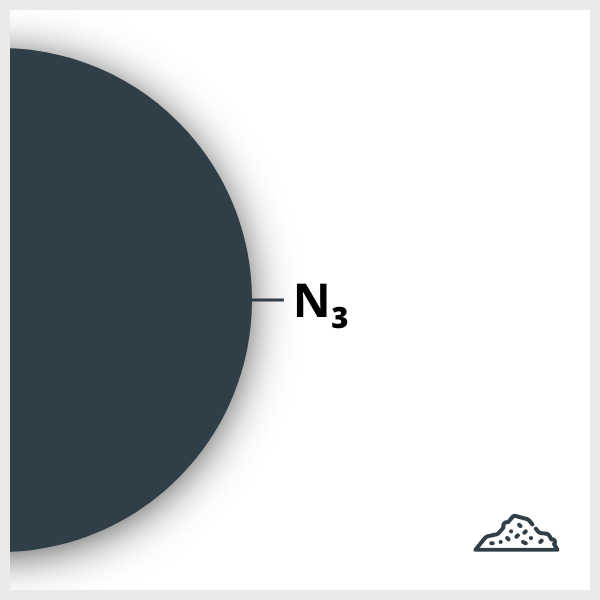Description
SPIO-N3s are azide-functionalised SPIOs. This particular combination is used in the manufacture of catalysts, sensors, and electronic devices (nanometric diodes and transistors, for example). It could potentially be used for energy storage (batteries or supercapacitors).
In biotechnology, SPIO-N3s are used in targeted drug delivery and medical imaging.
This type of functionalised nanoparticle has received a lot of attention thanks to “click chemistry”, which tends to make frequent use of them.
Click chemistry is a method of chemical synthesis used to bind a biomolecule to a substrate. The name comes from the imaginary sound of molecules “clicking” together. It falls within the scope of biomimicry, using natural references to create biopolymers or other biomolecules. It involves joining, or “clicking,” elements together. Click chemistry is especially useful for detecting, locating, and qualifying biomolecules.





